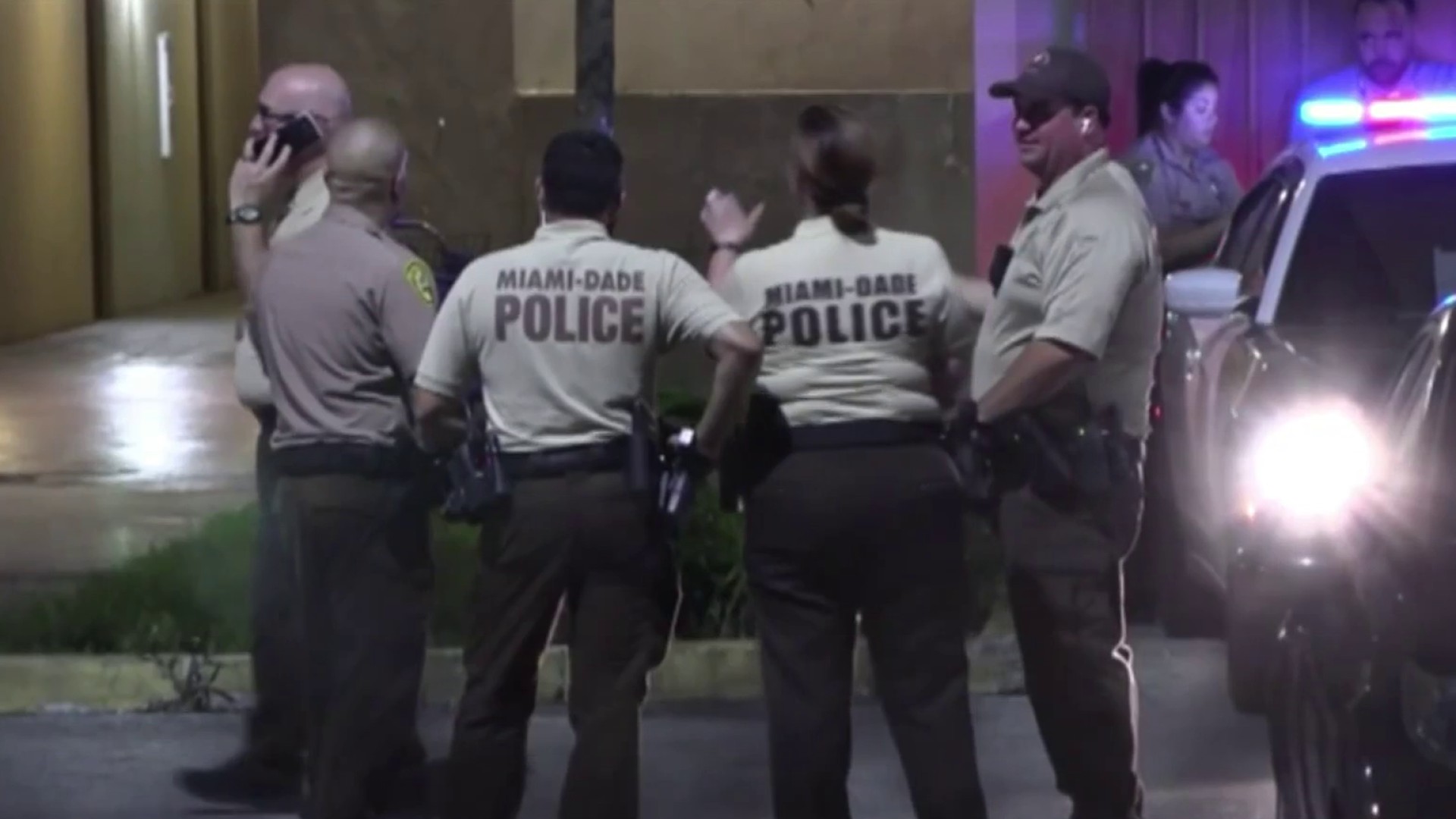Triggering a passionate three-hour debate over schools and poverty, Florida's Republican-controlled House on Thursday approved an ambitious $200 million plan to shift students from chronically failing schools to charter schools run by private organizations.
If the proposal ultimately reaches Gov. Rick Scott, it would mark one of the state's most significant attempts to aid charter schools since lawmakers first approved their creation some two decades ago. Senate leaders have already said they are open to considering the plan.
The House voted 77-40 for a bill that would offer up money to build what are being called "Schools of Hope" in neighborhoods across the state, many of them in urban and poor areas.
The measure is a priority for House Speaker Richard Corcoran, whose wife helped start a charter school in his home county. That school would not be eligible for the program.
Republicans have framed the legislation as an effort to help children now stuck in some of the state's most persistent failing schools, of which there are more than 100 across Florida. They pointed out that some of those schools have remained on the failing list for years.
"If your child was in one of these failing schools how long would you wait?" asked Rep. Ross Spano, a Republican from the Tampa Bay area on Florida's west coast. "You would not wait. You would put your child in the school where they thought they had an opportunity to succeed."
"If they want to continue going to their failing school, then they certainly can do that. But if they want an opportunity for success, and we know the best way to break generational poverty is through education, if they want that choice then we’re going to give them that choice," said Rep. Jennifer Sullivan, a Republican from Mount Dora.
Local
But Democrats — especially black legislators who have some of the failing schools in their hometowns — questioned the tremendous push behind the bill and whether it was designed to help for-profit management companies that are often hired by the non-profit groups that run charter schools.
"This bill is nothing but a cash cow for somebody else," said Rep. Roy Hardemon, who represents a historic black neighborhood in Miami.
"We may save some of those children, but I guarantee you that you won’t save all of those children. So this is, in my opinion, the 'Most Kids Left Behind Act,'" said Rep. Ramon Alexander, from Tallahassee.
Charter schools are considered public schools, but they are not run by local school districts. Under the bill the state would provide help to charter school operators that have shown success in running schools composed primarily of students from low-income families.
The House proposal would create both a grant program that would pay for expenses such as teacher training and other startup costs, and a loan program that would pay up to 25 percent of any school construction costs. The schools would have to be within five miles of or in the zones of existing traditional public schools that have repeatedly earned low grades. Florida's grading system primarily ranks schools based on how students perform on standardized tests.
Several Democratic legislators asserted that Republicans have been in power for the last two decades and they are responsible for the education system that has resulted in low-performing schools.
"It's not a 'Schools of Hope' bill, it's an admission of failure," said Rep. Kionne McGhee from Miami.
McGhee and other Democrats also said that instead of putting money into charter schools, legislators should place the money into traditional public schools.
Rep. Michael Bileca, a Miami Republican who helped craft the proposal, countered that the legislation was an attempt to see if changing the education environment could "erase the effects of poverty" on student performance. He said to vote against the measure was to "shut the door on the very possibility of providing these kids a future."



